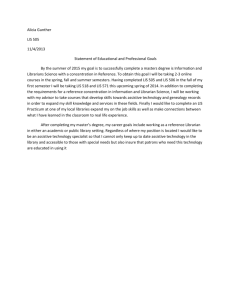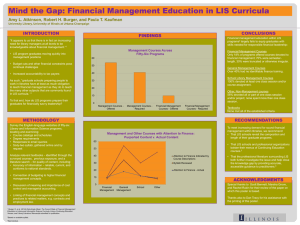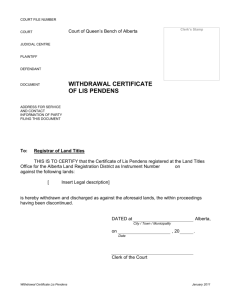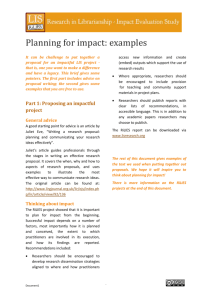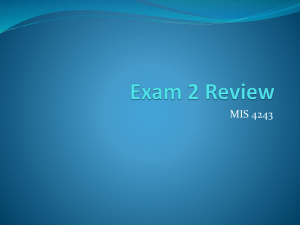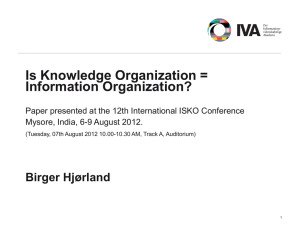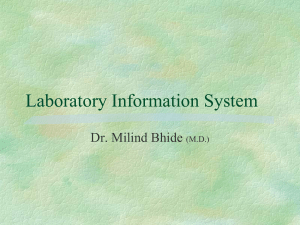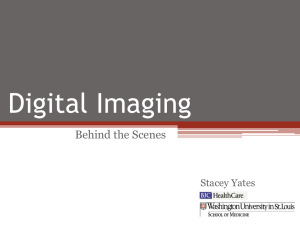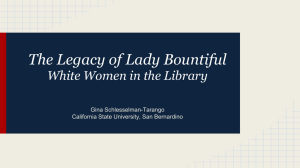Catalog Copy - USF Office of Graduate Studies
advertisement
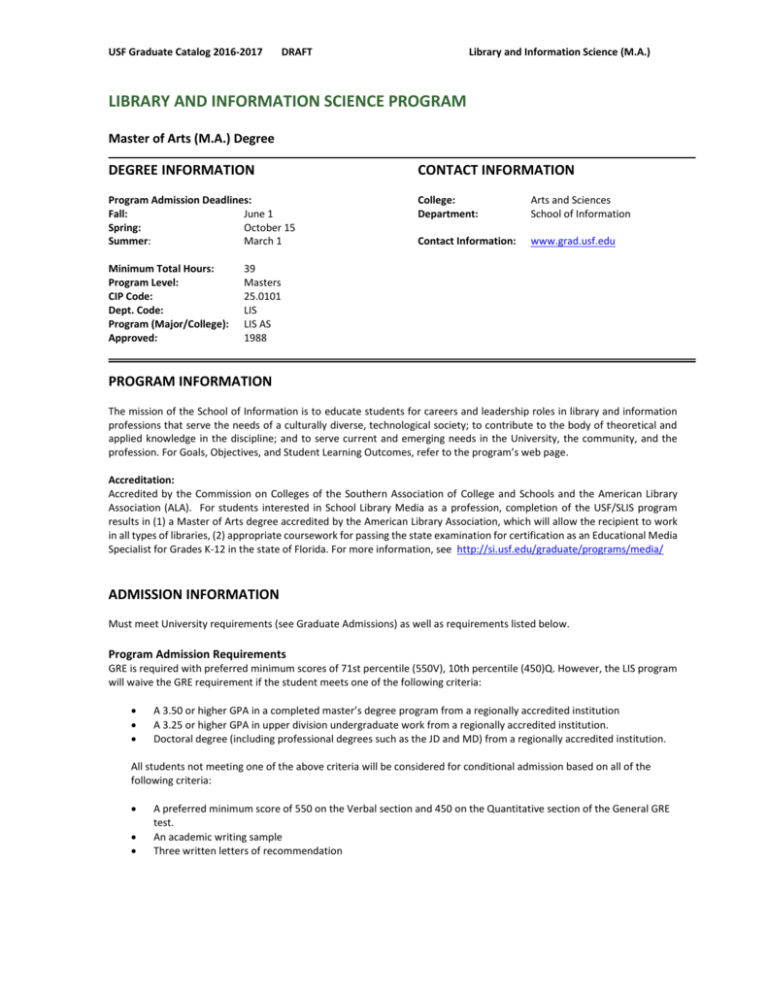
USF Graduate Catalog 2016-2017 DRAFT Library and Information Science (M.A.) LIBRARY AND INFORMATION SCIENCE PROGRAM Master of Arts (M.A.) Degree DEGREE INFORMATION CONTACT INFORMATION Program Admission Deadlines: Fall: June 1 Spring: October 15 Summer: March 1 College: Department: Arts and Sciences School of Information Contact Information: www.grad.usf.edu Minimum Total Hours: Program Level: CIP Code: Dept. Code: Program (Major/College): Approved: 39 Masters 25.0101 LIS LIS AS 1988 PROGRAM INFORMATION The mission of the School of Information is to educate students for careers and leadership roles in library and information professions that serve the needs of a culturally diverse, technological society; to contribute to the body of theoretical and applied knowledge in the discipline; and to serve current and emerging needs in the University, the community, and the profession. For Goals, Objectives, and Student Learning Outcomes, refer to the program’s web page. Accreditation: Accredited by the Commission on Colleges of the Southern Association of College and Schools and the American Library Association (ALA). For students interested in School Library Media as a profession, completion of the USF/SLIS program results in (1) a Master of Arts degree accredited by the American Library Association, which will allow the recipient to work in all types of libraries, (2) appropriate coursework for passing the state examination for certification as an Educational Media Specialist for Grades K-12 in the state of Florida. For more information, see http://si.usf.edu/graduate/programs/media/ ADMISSION INFORMATION Must meet University requirements (see Graduate Admissions) as well as requirements listed below. Program Admission Requirements GRE is required with preferred minimum scores of 71st percentile (550V), 10th percentile (450)Q. However, the LIS program will waive the GRE requirement if the student meets one of the following criteria: A 3.50 or higher GPA in a completed master’s degree program from a regionally accredited institution A 3.25 or higher GPA in upper division undergraduate work from a regionally accredited institution. Doctoral degree (including professional degrees such as the JD and MD) from a regionally accredited institution. All students not meeting one of the above criteria will be considered for conditional admission based on all of the following criteria: A preferred minimum score of 550 on the Verbal section and 450 on the Quantitative section of the General GRE test. An academic writing sample Three written letters of recommendation USF Graduate Catalog 2016-2017 DRAFT Library and Information Science (M.A.) 1. Conditional admission status will be converted to regular status upon completion of the first three LIS courses with a GPA of 3.50 or above. LIS 5020 must be included as one of these courses.A satisfactory score on the TOEFL (79 on the internet-based test and 550 on the paper-based test) may be required for natives of non-English-speaking countries. 2. All students are required to write a statement describing their purpose and goals in the LIS program DEGREE PROGRAM REQUIREMENTS Total Program Hours: 39 credit hours minimum Core courses – 18 credit hours Technology Elective – 3 credit hours Electives – 18 credit hours Comp Exam/Portfolio . Students must maintain a 3.00 grade point average of “B” or better and no more than two grades below "B" will be accepted. Transfer credit from other recognized graduate schools is limited to six semester hours taken within the last five years with grades of “B” or better. All transfers must be approved by the candidate’s faculty advisor. Transfer credits must be posted to a student’s permanent record no later than one full term prior to graduation. Required Core Courses – 18 credit hours The student must complete the following 39 hour program, including six core courses: LIS 5020 LIS 6260 LIS 6271 LIS 6409 LIS 6511 LIS 6603 LIS 6711 LIS 6735 3 3 3 3 3 3 3 3 Foundations of Library and Information Science OR Information Science in Librarianship Research Methods in Library and Information Science Introduction to Library Administration Collection Development and Maintenance Basic Information Sources and Services Organization of Knowledge I OR Technical Services in Libraries Technology Elective - 3 credit hours LIS 5268 3 IT Concepts for Information Professionals For students who already have a foundational understanding of information technology, this course may be substituted by another elective. All students are expected to select courses, in coordination with their advisers, which will foster competencies and understanding of theory, application, and use of technology. Electives - 18 credit hours These courses must be approved by the student's advisor. Some options include: LIS 5268 3 Microcomputer Applications Library and Information Centers LIS 5315 3 Instructional Graphics LIS 5333 3 TV in Schools and Libraries LIS 5418 3 Health Informatics for Medical Librarians LIS 5566 3 Multicultural Literature for Children and Young Adults LIS 5937 4 Selected Topics in Library Studies LIS 6110 3 History of Libraries LIS 6111 3 History of Children's Literature LIS 6206 3 Adult Services in Libraries LIS 6212 3 Reading Guidance Programs in Libraries and Classrooms LIS 6225 3 Storytelling LIS 6303 3 Preparing Instructional Media LIS 6316 3 Visualization of Knowledge LIS 6402 3 Advanced Library Administration LIS 6432 3 Seminar in Academic Libraries LIS 6445 3 Seminar in Public Libraries USF Graduate Catalog 2016-2017 LIS 6455 LIS 6463 LIS 6464 LIS 6472 LIS 6473 LIS 6475 LIS 6773 LIS 6482 LIS 6542 LIS 6565 LIS 6585 LIS 6609 LIS 6610 LIS 6620 LIS 6624 LIS 6630 LIS 6661 LIS 6724 LIS 6726C LIS 6712 LIS 6514 LIS 6906 LIS 6946 LIS 6949 3 3 3 3 3 3 3 3 3 3 3 3 3 3 3 3 3 3 3 3 3 3 3 2-6 DRAFT Library and Information Science (M.A.) Organization and Administration of the School Media Center Library Networks and Systems Library Systems Analysis and Planning Seminar in Special Libraries Law Librarianship Health Sciences Librarianship Digital Curation Web Archiving The Curriculum and Instructional Technology Books and Related Materials for Young Adults Materials for Children Online Information Sources and Services Information Sources and Services in the Humanities Information Sources and Services in the Social Sciences Information Sources and Services in Business and Law Information Sources and Services in Science and Technology Government Documents Classification and Cataloging of Non-Book Materials Indexing and Abstracting Organization of Knowledge II Digital Libraries Independent Study Supervised Fieldwork Practicum in Archives and Special Collections Courses Outside the School Degree-seeking students are permitted to enroll in courses, usually limited to six semester hours, outside the School of Information when, in the context of the development of a purposeful program, an interdisciplinary approach seems appropriate. Students must obtain the prior approval of their Faculty advisor. Culminating Assessment . Comprehensive Examination Portfolio Assessment of Competencies for the Master’s Degree in Library and Information Science ‐ In Lieu of a Comprehensive Examination, students admitted beginning in the Fall 2015 Catalog Year are required to submit a portfolio in accordance with program provided guidelines which exhibit competencies acquired during their master’s program based on standards of the American Library Association. Portfolio timeline: Students will begin creating and collecting artifacts and other examples of work beginning in their first semester of study. Portfolios must be reviewed by an advisor or other program designee midway through the student’s program and then submitted prior to graduation according to the program guidelines for final approval as part of graduation requirements. OTHER INFORMATION ALA-USF, ASIST-USF, and SLA-USF are student chapters of the American Library Association, American Society for Information Science & Technology and Special Libraries Association linked with the School of Information and are open to all members of the University community interested in information science or librarianship. All provide programs and guest speakers of interest to the campus community, maintain several discussion lists, and publish a newsletter for their members. These organizations are the voice of students in the school, and members of the associations are included on committees within the School. USF Graduate Catalog 2016-2017 DRAFT COURSES See http://www.ugs.usf.edu/course-inventory/ or http://si.usf.edu/ Library and Information Science (M.A.) USF Graduate Catalog 2016-2017 DRAFT Library and Information Science (M.A.)
